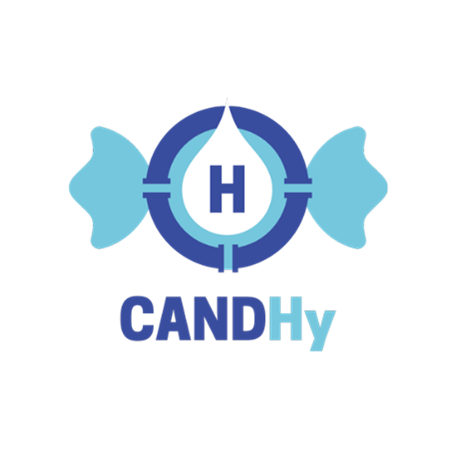

SafeH2Pipe, for safe transport of hydrogen in pipelines
SafeH2Pipe, starting in June 2023, is coordinated by the Italian company RINA (Centro Sviluppo Materiali), surrounded by 6 other partners including NaTran (ex. GRTgaz). The project is financed by the European Commission via the Research Fund for Coal and Steel (RFCS2027) program to the tune of €1.7 million (60% of the project budget), including more than €63,000 for NaTran R&I (ex. RICE). The RFCS program is linked to the European Green Deal and aims to help transform the strategic steel sector towards green, digital and circular transitions.
Essential pipeline integrity issues
In a future hydrogen economy, transportation and storage must become safe and cost-effective, hence the objective of using the pressurized gaseous state and existing pipeline infrastructures. However, hydrogen can weaken pipeline materials and seriously affect their integrity, and existing standards may be too conservative, preventing the full potential of new and existing assets from being exploited. Through studies, state-of-the-art technical testing and a service-oriented approach, the SafeH2Pipe project will provide information, data and guidelines for the safe use of new H2 pipelines in the future, as well as for the modernization of existing pipelines. Interaction with external certification bodies and international research organizations will also enable appropriate feedback and dissemination of results. The project will provide results in a "ready-to-use" format and, in particular, the final report will contain specific addendums designed for direct incorporation into existing standards.
NaTran R&I teams are heavily involved
Within the framework of this project, NaTran is the leader of WP2 "Scenarios and testing programme definition", and more specifically of task 2.3 "Transportation scenarios definition", whose work was completed at the end of June 2024. After defining the state of the art and collecting data, the aim of this task was to define the pipeline transportation scenarios of interest to the project, in terms of pipe type, geometry and quality, and operational range, for both onshore and offshore pipelines. Work will now continue with laboratory and full-scale tests, culminating in a presentation of test results and associated recommendations at the end of 2026. In particular, these results will enable NaTran to carry out full-scale tests to develop the criteria of the Defect Analysis Guide (GAD) currently available only for natural gas.
CANDHy, hydrogen integrity of various pipe materials

Starting in September 2023, the CANDHy project (Compatibility Assessment of Non-steel metallic Distribution gas grid materials with Hydrogen), funded by the Clean Hydrogen partnership to the tune of 2.6 million euros, aims to stimulate the use of green hydrogen across Europe by overcoming the challenges associated with its delivery through existing gas distribution networks.
Collaboration between multiple European research players
A strong energy transition is essential to achieve carbon neutrality by 2050, and green hydrogen is gaining ground across Europe, thanks to its many potential applications in industry, transport, energy and construction. Gas networks across Europe are working hard to prepare for its transport. Using existing gas distribution networks to transport hydrogen and natural gas mixtures (H2/NG) requires a thorough assessment of the impact on infrastructure and material integrity.
New materials tested under real-life conditions
CANDHy is therefore testing metallic materials other than steel under real-life operating conditions to assess their compatibility with hydrogen. The project will provide reliable data on the hydrogen tolerance of materials such as cast iron, copper, brass, lead, aluminum, etc., which remain essential components of many low-pressure gas networks. The results of the project will be documented and made public in a continuously updated database, helping to ensure safe and efficient hydrogen distribution.
NaTran R&I welcomed its partners
Alongside the FHa project coordinator and 6 other partners, mainly from Spain and Italy, NaTran is fully involved in this project, and in particular in task 2.3 dedicated to the design of test plans, with a grant of €402,500. NaTran R&I hosted the project's 3rd consortium meeting in Alfortville on September 17 and 18, 2024, with a visit to the FenHYx platform, dedicated to testing hydrogen injection in gas infrastructures.

The CANDHy project is supported by the Clean Hydrogen Partnership and its members (GA n°101111893).
The SafeH2Pipe project is co-financed by the European Commission and the RFCS2027 program (GA n°101112650).

The views and opinions expressed are those of the authors and do not necessarily reflect those of the European Union or the European Research Executive Agency. Neither the European Union nor the granting authority can be held responsible for them.